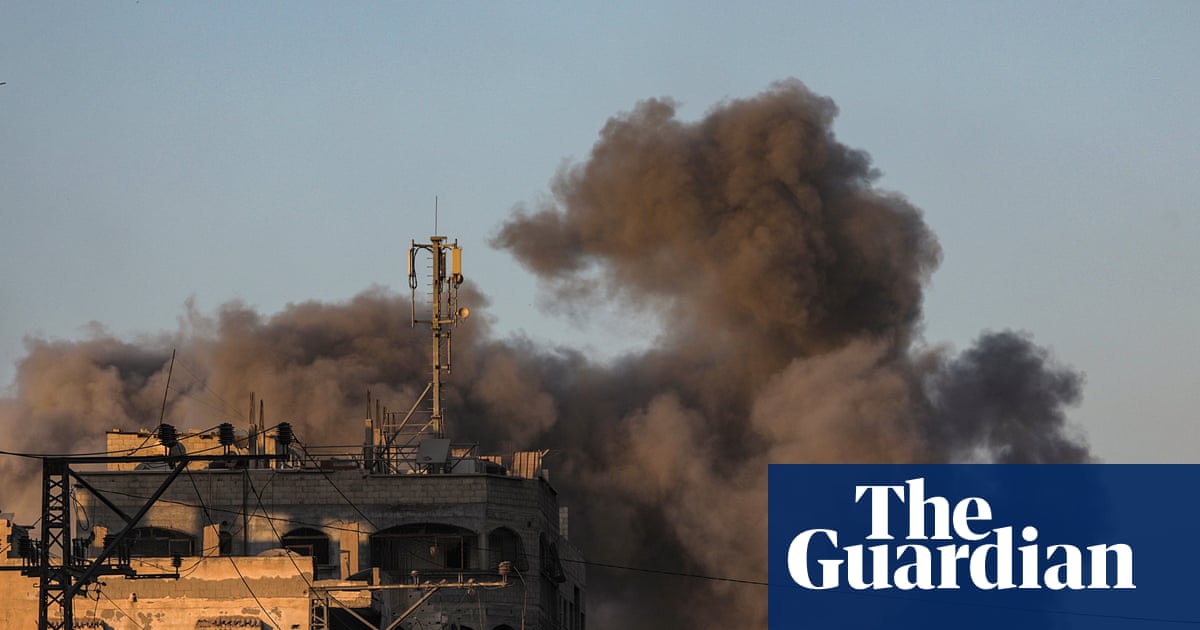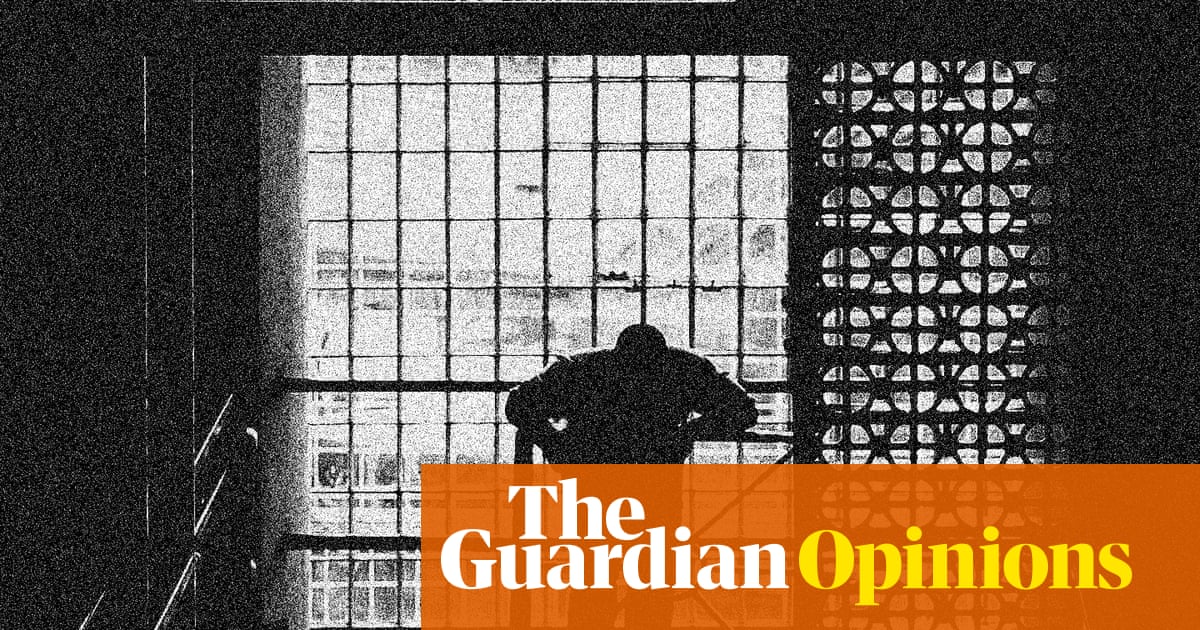Nazanin Zaghari-Ratcliffe, the British-Iranian dual national who spent five years in Evin prison, has denounced Monday’s Israeli attack on the jail as a publicity stunt that endangered the lives of prisoners.
Writing for the Guardian, she also criticised the Labour government for failing to describe the attacks on Iran as unlawful, saying it set a dangerous precedent.
“It has escalated into a proper war against Iran with the US intervention and the rhetoric of regime change,” she writes. “The mission creep has been unnerving even for those of us who have suffered at the hands of the Iranian regime.”
Zaghari-Ratcliffe said the failure of UK ministers to criticise the US joining the attacks on Iran was dangerous. “The consequences are felt all around Tehran by families caught between a bomb and hard place,” she said. “They have felt very alone.”
She said her experience in jail had “taught her that freedom does not come from bombs and brutality, nor from clever stunts for the cameras, it lies through human connection and empathy.”
The criticism will sting a Labour government that is facing criticism from left and right for refusing to clarify if it believes the US and Israeli attacks are acts of self-defence.
Many Iranians living abroad feel conflicted, in that they oppose Iran’s repressive government but do not want to see the country attacked and civilians harmed.
The bombing of Evin jail can be taken as a broad hint that the Israeli cabinet is attempting to foment a revolt from political prisoners.
Zaghari-Ratcliffe was released in March 2022 after the then Conservative government paid back a multimillion debt the UK owed to Iran. The Iranian regime had accused her of spying – a charge she denied and for which no evidence was ever produced.
With her husband campaigning for her release, it became increasingly clear she was being held as a state hostage to try to force the UK to pay back its debt arising from a military deal struck with the deposed Shah of Iran.
She now lives in London with her husband and daughter. Zaghari-Ratcliffe said she had found the Israeli attacks on Iran so saddening that she had avoided the news and requests for interviews until the attack on Evin.
Other former political prisoners with whom she had been in contact were as horrified and scared by the attacks as she had been, she said. “The lives of those in prison might not matter to the governments fighting but they do to their loved ones, whether ordinary Iranian, the families of political prisoners or families of foreign hostages held far away.”
She writes that “bringing down the gates of Evin jail may have seemed like a symbolic act for a faraway media, but it did not feel like it made anyone safe inside. If anything it took away lives. It hurt some prisoners, made some disappear and be relocated. Many families are now worried sick.”
Zaghari-Ratcliffe fears the oppression being undertaken by the Iranian authorities was likely to get worse. “Iran has started a tighter crackdown on civilians, including cutting the internet and making more arrests. Days are numb with helplessness and outrage.”

 2 months ago
61
2 months ago
61

















































